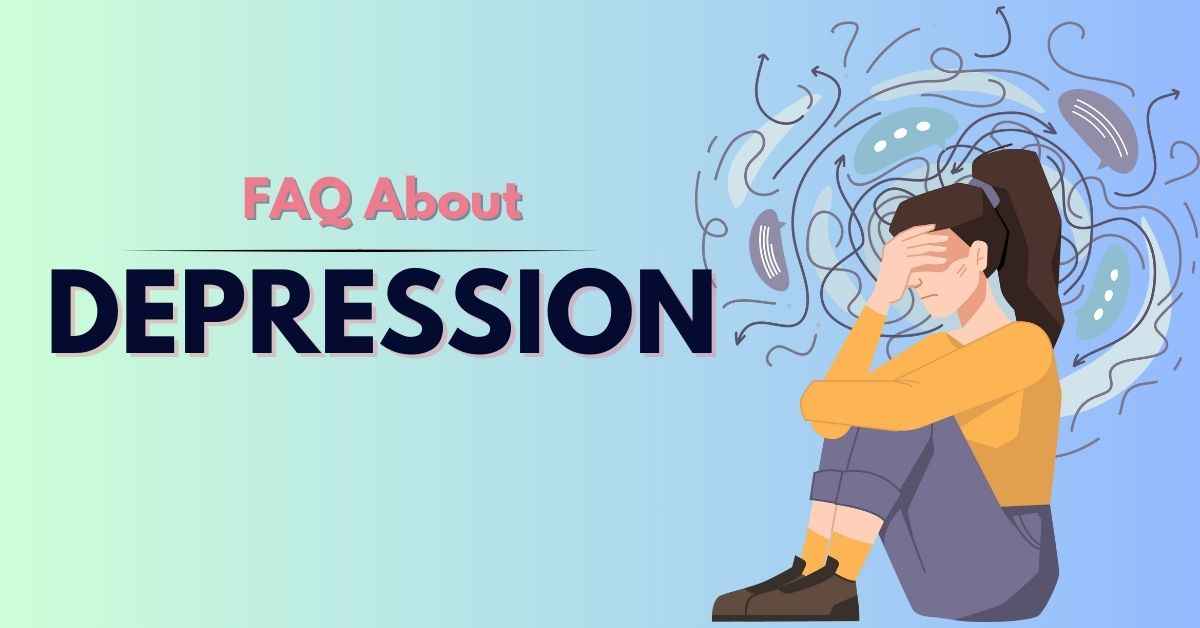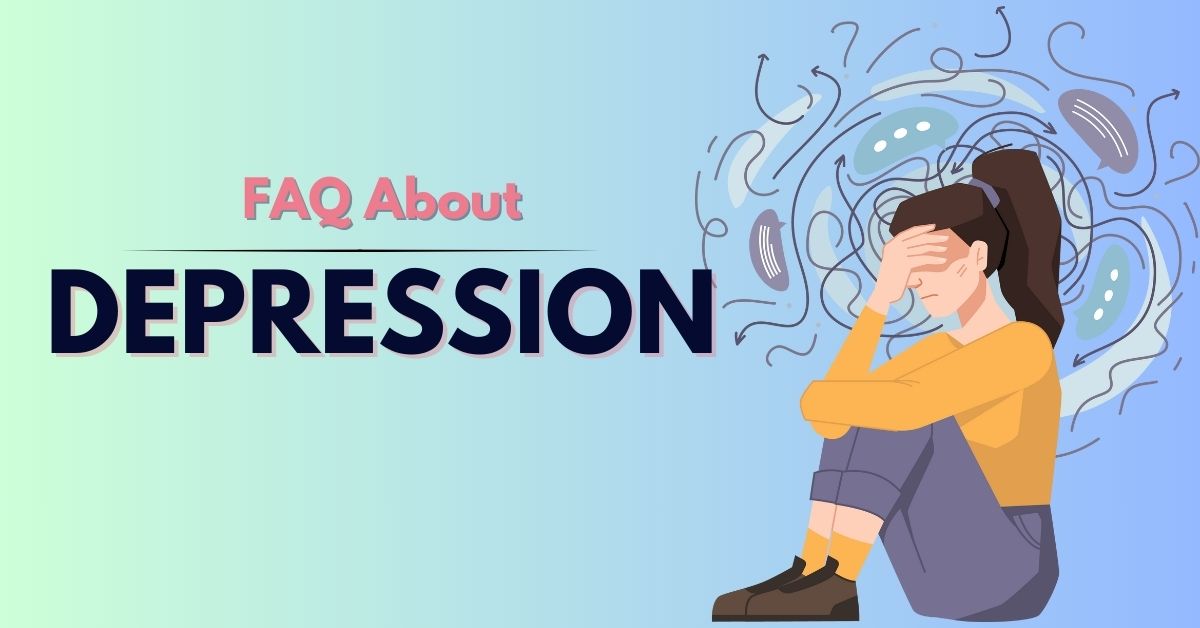Can your emotions really affect your heart? Depression is often seen as a mental health issue that impacts mood and motivation. However, its effects go beyond the mind, potentially influencing physical health in profound ways. One alarming connection is the link between depression and heart attacks. Let’s dive into this topic to understand how mental health and heart health are intertwined, and what you can do to protect both.
What Is Depression?
Depression is more than just feeling sad or having a bad day. It’s a prolonged state of emotional low that affects how you think, feel, and even act. Symptoms can include:
- Persistent sadness
- Loss of interest in activities
- Fatigue and sleep disturbances
- Changes in appetite
Imagine carrying a heavy backpack every day, one you can’t take off. That’s how depression feels—it’s a weight that affects every part of life.
Understanding Heart Attacks
A heart attack occurs when the blood flow to a part of the heart is blocked, often by a clot. Without enough oxygen, the heart muscle begins to die. Symptoms of a heart attack include:
- Chest pain or pressure
- Shortness of breath
- Nausea or dizziness
- Cold sweats
Heart attacks are a leading cause of death worldwide, emphasizing the need for awareness and prevention.
The Connection Between Depression and Heart Health
Studies reveal that people with depression are at a higher risk of developing heart problems. But why? Depression can lead to physical changes in the body, such as:
- Increased heart rate
- Elevated blood pressure
- Hormonal imbalances
This creates a fertile ground for cardiovascular issues to thrive.
How Stress Impacts the Body
Have you ever noticed how your heart races when you’re stressed? Chronic stress caused by depression keeps your body in a constant state of “fight or flight.” Over time, this takes a toll on your heart by:
- Narrowing blood vessels
- Increasing cortisol levels
- Triggering irregular heart rhythms
Stress doesn’t just make you feel bad; it can physically harm your heart.
Depression and Inflammation
Depression triggers inflammation in the body. Think of inflammation as a fire inside your veins, causing damage to blood vessels and increasing the likelihood of blockages. This chronic inflammation can be a precursor to heart attacks.
Lifestyle Habits Linking Depression to Heart Risks
When depressed, people often adopt unhealthy habits, such as:
- Smoking
- Overeating or eating unhealthy foods
- Avoiding exercise
These behaviors significantly increase heart attack risks, creating a vicious cycle between mental and physical health.
Can Depression Alone Cause a Heart Attack?
While depression isn’t a direct cause, it’s a significant risk factor. It’s like adding fuel to a smoldering fire. Combine it with other risk factors like high cholesterol or diabetes, and the danger multiplies.
Warning Signs to Watch For
Pay attention to symptoms that might indicate an issue with your heart or mental health:
- Unexplained fatigue
- Chest discomfort
- Mood swings
- Frequent headaches
If you notice any of these, consult a healthcare professional immediately.
Breaking the Cycle: Managing Depression and Heart Risks
Managing both depression and heart risks requires a dual approach:
- Therapy: Talk therapy or cognitive-behavioral therapy (CBT) helps in managing emotions.
- Medication: Antidepressants and heart medications, when prescribed by a doctor, can work together effectively.
Seeking Help: When to Consult a Doctor
If you’re feeling overwhelmed or noticing physical symptoms alongside emotional distress, don’t wait. Early intervention can prevent complications. Always be open with your healthcare provider about your mental health.
Preventative Measures for a Healthier Heart and Mind
Small lifestyle changes can make a big difference:
- Eat a balanced diet rich in fruits, vegetables, and whole grains.
- Exercise regularly, even if it’s just a 30-minute walk.
- Practice mindfulness or meditation.
Prevention is better than cure, especially when it comes to your heart and mind.
Medications: Friend or Foe?
Medications can be lifesaving but may have side effects. Discuss any concerns with your doctor, and never stop medications abruptly. Remember, they are tools to aid your recovery.
The Role of Support Systems
Isolation worsens depression and can indirectly impact heart health. Lean on family, friends, or support groups. A strong support system can be the anchor you need in turbulent times.
Success Stories: Overcoming Depression and Heart Risks
Real-life stories of people who managed depression while improving their heart health can inspire and guide others. These examples show that it’s possible to break the cycle and lead a fulfilling life.
Also Read: Can Depression Cause Weight Loss?
FAQs
Q: Can stress from depression directly lead to a heart attack?
A: Stress increases heart rate and blood pressure, which can strain the heart, making a heart attack more likely in predisposed individuals.
Q: Are antidepressants safe for people with heart conditions?
A: Most antidepressants are safe but should be prescribed by a doctor familiar with your medical history.
Q: How can I reduce the risk of heart problems if I have depression?
A: Adopt healthy habits like regular exercise, a balanced diet, and stress management techniques. Seek professional help for depression.
Q: Does depression affect recovery after a heart attack?
A: Yes, depression can slow recovery and increase the likelihood of another heart attack. Early treatment for depression is crucial.
Q: Is therapy effective in managing both depression and heart health?
A: Yes, therapies like CBT can help improve emotional well-being, which positively impacts physical health.



